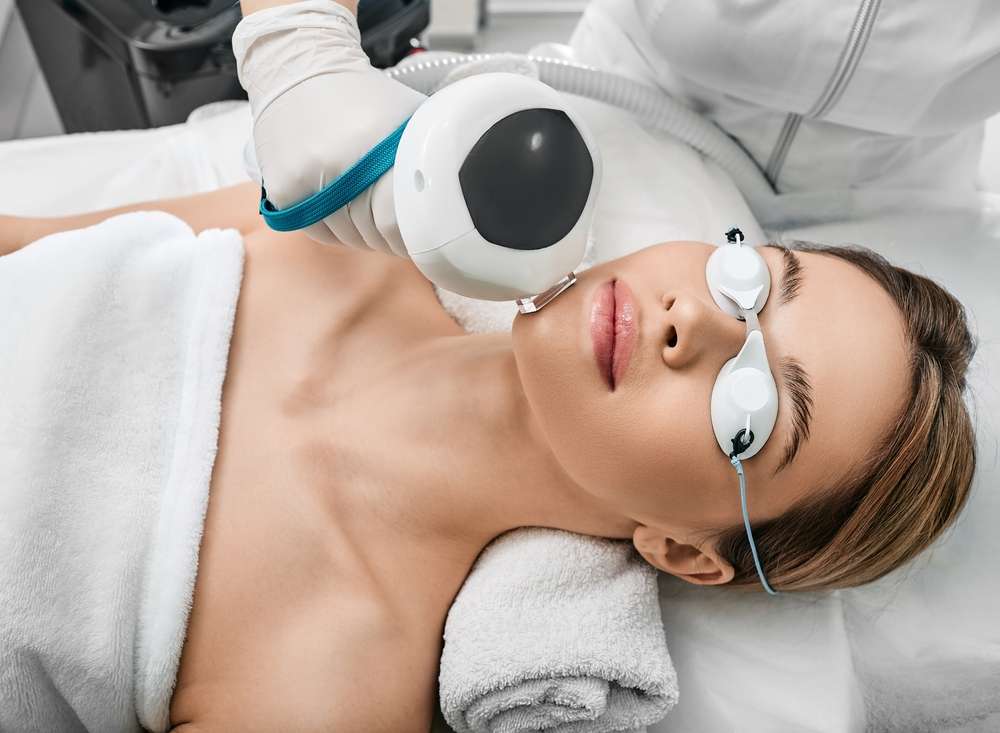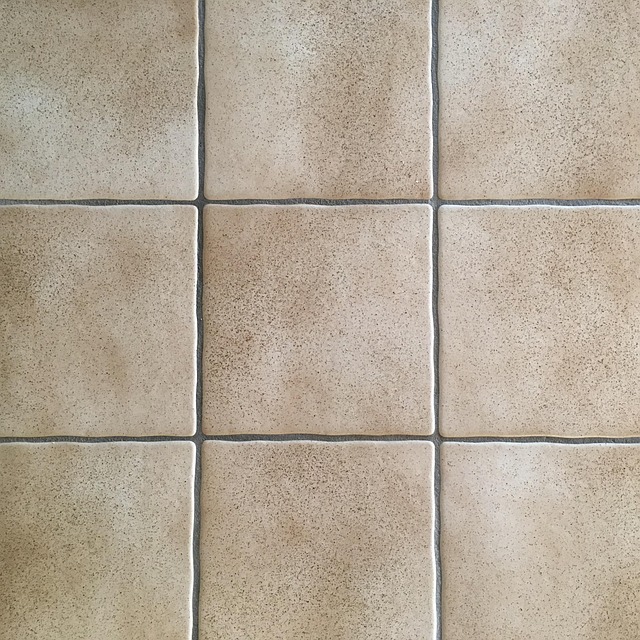Transform Your Complexion with Advanced Laser Therapy
Explore how modern laser therapy can refresh your skin and tackle concerns like wrinkles, pigmentation, acne scarring, unwanted hair, and vascular issues. This in-depth overview explains how different lasers work, what results to expect, and how to choose a qualified clinic for safe, effective skin rejuvenation. Learn about treatment types, recovery, and consultation tips to make an informed decision.

Transform Your Complexion with Advanced Laser Therapy
How laser therapy works
Laser skin therapy uses concentrated beams of light to address specific skin concerns by interacting with tissue at targeted depths. Some lasers remove the skin’s outer layers to trigger cell renewal and collagen formation, while others heat deeper layers without ablating the surface to stimulate repair beneath the epidermis. The depth, wavelength, and pulse duration determine what the laser treats and how aggressively it works. Sessions are typically brief, often ranging from 15 minutes for small areas to about an hour for more extensive treatments. Your provider will select parameters based on your skin type and the condition being treated.
Common skin concerns lasers can improve
Laser treatments offer a broad toolkit for improving skin health and appearance. Typical uses include:
- Reducing fine lines and deeper wrinkles by promoting collagen remodeling
- Enhancing skin texture and evening out tone
- Softening acne scars and other types of scarring
- Treating hyperpigmentation such as age spots and sun damage
- Removing unwanted hair with long-term reduction
- Managing vascular concerns like rosacea, broken capillaries, and spider veins
The ability to focus energy precisely makes lasers a versatile option for comprehensive skin rejuvenation.
Types of laser therapies and when they help
Different laser technologies are designed for distinct problems. Common types include:
- Fractional lasers: Deliver microscopic columns of energy to create controlled micro-injuries, prompting collagen production and overall skin renewal while preserving surrounding tissue for quicker recovery.
- CO2 lasers: Powerful ablative lasers suited for deep wrinkles, significant sun damage, and pronounced textural problems; typically require longer healing time but can produce dramatic results.
- Erbium lasers: Ablative but gentler than CO2, often used for fine lines and surface textural improvements with reduced downtime.
- Pulsed-dye lasers: Target blood vessels and redness, making them effective for vascular lesions, rosacea, and some types of scarring.
- Nd:YAG lasers: Versatile for hair removal and certain pigmentation or vascular conditions; their longer wavelength allows treatment of deeper structures.
Your clinician will recommend a device based on your goals, skin tone, and tolerance for downtime.
What to expect during a session and afterward
Most people feel warmth, tingling, or mild stinging while the laser is active. Clinics commonly use cooling devices, gels, or topical anesthetics to increase comfort. Because procedures vary in intensity, immediate recovery can range from none to several days of visible redness and swelling. Ablative treatments may cause peeling and require more extensive aftercare.
Typical aftercare instructions include avoiding direct sun exposure, using broad-spectrum sunscreen, and applying recommended soothing or healing products. Healing timelines depend on the laser type: non-ablative treatments often allow a quick return to daily activities, while deeper ablative therapies require a longer recovery and closer follow-up.
Benefits and risks
Laser therapy can deliver noticeable improvements in texture, tone, and firmness while addressing pigmentation, scarring, and hair reduction. However, potential side effects exist: temporary redness, swelling, crusting, changes in pigmentation, and rarely infection or scarring. Risk is higher when skin is improperly selected, treated with unsuitable settings, or not cared for correctly after the procedure. Choosing an experienced provider reduces complications.
How to choose the right clinic
Selecting a reputable clinic is a critical step. Consider these factors:
- Qualifications and experience of the practitioners, including board certifications and laser training
- The specific laser technologies available and whether they are appropriate for your skin type
- Clinic reputation, patient testimonials, and examples of before-and-after results
- Cleanliness, safety protocols, and professionalism of staff
- Clear pricing, consultation transparency, and individualized treatment plans
Schedule consultations with more than one clinic to compare recommendations and feel confident about the provider’s approach.
| Clinic Name | Services Offered | Key Features/Benefits |
|---|---|---|
| Tokyo Skin Clinic | Fractional laser, CO2 laser, pulsed-dye therapy | Advanced devices, multilingual staff with international experience |
| Azabu Skin Institute | Erbium laser, Nd:YAG, full skin rejuvenation programs | Tailored treatment plans, experienced dermatologists |
| Ginza Beauty Medical | Comprehensive laser treatments, cosmetic procedures | Luxury atmosphere, integrated skincare protocols |
| Yokohama Laser Center | Laser hair removal, pigmentation and vascular therapy | Modern equipment, budget-friendly package options |
Cost disclaimer: Prices vary widely depending on the procedure, treatment area, device used, and provider. A consultation is required to obtain accurate pricing and a customized plan.
Final considerations
Laser skin therapy is a powerful set of tools for improving a wide range of skin concerns, from fine lines and texture changes to pigmentation, scars, hair reduction, and vascular issues. Advances in laser technology have expanded options that balance results and downtime, but individual suitability depends on skin type, medical history, and realistic expectations. A thorough consultation with a qualified clinician will help you determine the best approach and minimize risks.
This article is for informational purposes only and should not be considered medical advice. Please consult a qualified healthcare professional for personalized guidance and treatment.






